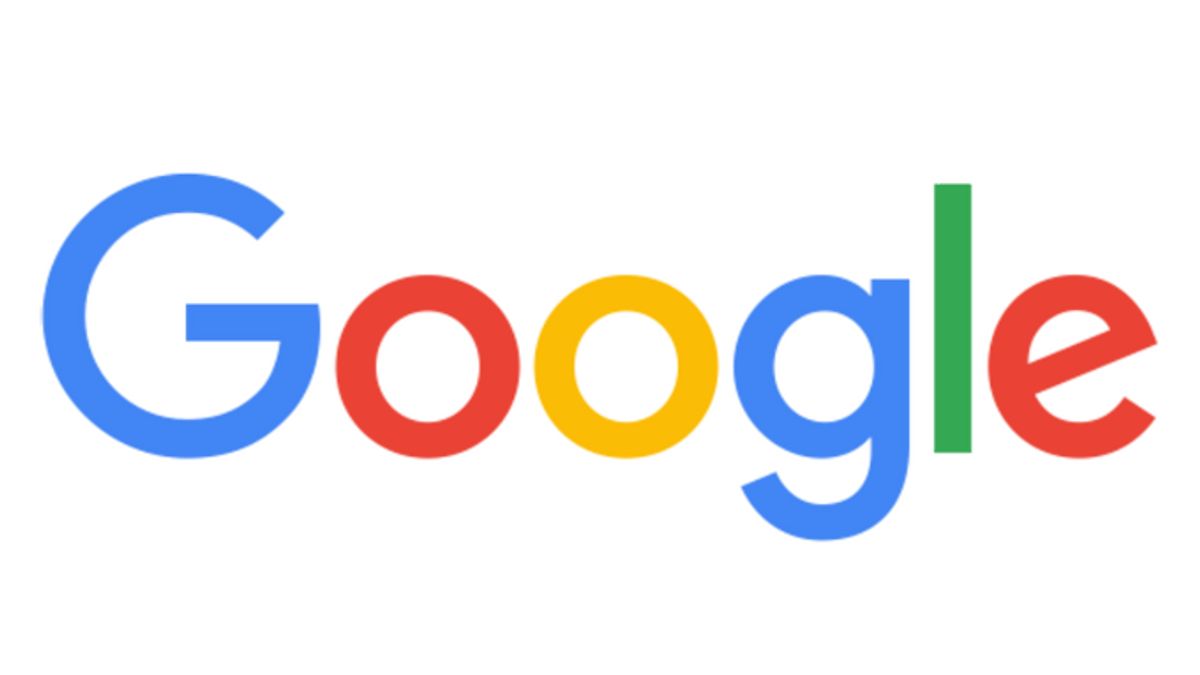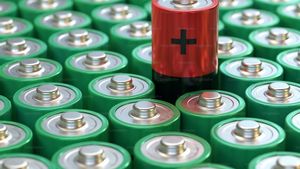JAKARTA - Alphabet's company Google announced on Wednesday April 10 that it will invest $1 billion to improve digital connectivity between the US and Japan through the construction of two new submarine cables. This was said in line with the Japanese prime minister's visit to strengthen relations between the two countries.
Two submarine cables, Proa and Taihei, will increase connectivity between the US, Japan, and a number of countries and territories in the Pacific Islands, Google said in a blog post.
"Utilizing the US-Australian joint funding commitment for submarine cables last October, the United States and Japan plan to collaborate with compatriots to build a trusted and more resilient network and intend to contribute funds to providing submarine cables in the Pacific region," the US-Japan joint statement said on Wednesday.
The Pacific region has become an attractive area for China and the US, which is competing to influence the zone with offers of competitive military infrastructure and partnerships.
US President Joe Biden has pushed for US dominance in telecommunications services, considering the industry a key national security issue due to controlling information flows around the world.
SEE ALSO:
The US pledged last year to jointly fund two submarine cables, to be built by Google, which connects the US region in Guam with centers in Fiji and Frenchwas, and further branched on remote islands of the Pacific.
Google said Proa's submarine cables would connect the US, Japan, North Mariana Islands (CNMI), and Guam, while Taihei submarine cables would connect the US, Japan, and Hawaii. In addition, Google said it would fund the construction of interlink cables connecting Hawaii, CNMI, and Guam.
The technology company also said it would cooperate with Japanese-based companies - including KDDI, Arteria Networks, Philippine-based Citadel Pacific, and CNMI - to improve digital connectivity in the region. Undersea cables are the backbone of the internet, carrying 99% of the world's data traffic.
The English, Chinese, Japanese, Arabic, and French versions are automatically generated by the AI. So there may still be inaccuracies in translating, please always see Indonesian as our main language. (system supported by DigitalSiber.id)

















